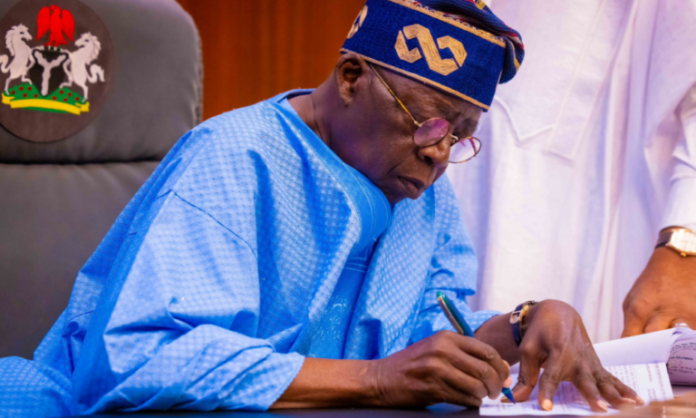Panelists at the Nirametrics webinar to review the economic impact of the current administration’s first 100 days in office have unanimously pointed to the need for the government to focus on infrastructure if it hopes to pull the nation out of the current economic crisis.
The panelist who each believes that 100 days is just to short a time to make any meaningful impact, agree that some positive steps have been taken so far.
Nabilat Mohammed, an analyst with Chapel Hill said the Nigeria’s is suffering because the infrastructure needed to drive it is poor.
According to her, “Nigerian business are spending so much to provide infrastructure that government should have provided. Money they would have put into production is spent providing power, maintaining their vehicles because of bad roads.”
She suggested that state governments should be made to maintain the infrastructure within their domain.
On his part Chika Mbaonu, a business analyst with Arise TV said Nigeria need to work on its power and transportation if it hopes to improve its trade.
According to him, “We also need to work on our security. It is good to go to China or India, but let us get our home right first.”
Speaking on the unification of the foreign exchange, Zeal Akariwe said Nigeria’s foreign exchange was poorly managed since 2015.
He said investment is directly correlated to two factors, confidence in the economy which is driven by policy and liquidity.
“If I bring money to the economy the question any investor will ask is can I get my money back, if the answer is no, confidence will begin to deplete and investors will begin to hold back,” he said.
He said the FDI is not just important because of the foreign exchange it brings in, but the infrastructure it builds, the employment and the value it creates.
“To attract investment we need to restore the lost conference. We have a backlog of foreign exchange that has not been met, we have obligations through letters of credit that have not been met, you cannot restore confidence with people you are owing while you are still owing them money,” he said.
“We have to create a transparent system that shows them them how we plan to eradicate all the backlog over a period of time and stick to it.”
On the cost of living, Mbaonu said , “I would have thought that companies that have staff busses would have been assisted to get more staff buses so that employees who were using public transport can start using staff buses, states should have bought busses for their civil servants so that that cost will go.
“I am not elated about the palliatives because the money was not channelled properly. There are really better ways of channelling the money and it will be impactful in the lives of the people to reduce their cost of living.
For Kalu Aja , a financial analyst, the problem is that when the naira was floated, the government maintained the ban on the 41 items meaning that one still cannot buy those items through the officer market.
“What that means is that the CBN market is not a free market, you only have the parallel market as the free market where you can go in as a willing buyer and willing seller,” Aja said, adding that the CBN market on the other hand is still not a willing buyer and a willing seller because if one wants to import those items, he cannot.
He said the real value is the parallel market not the CBN value because it is the willing buyer, willing seller market.
He said one of the problems Nigeria has is that it is still cheaper to import than to produce locally because of the high cost of power, transportation and insecurity.


